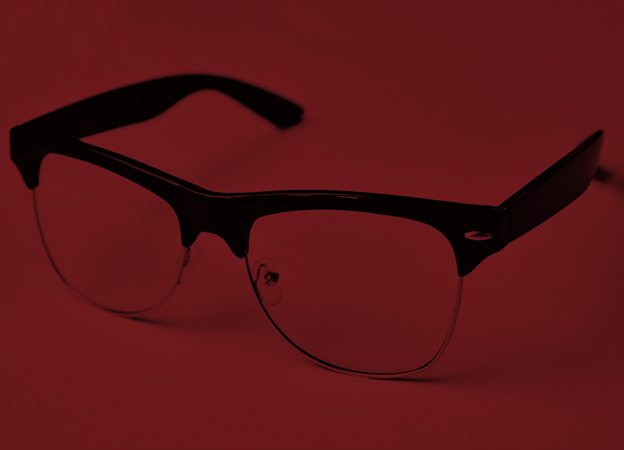Stressed Out? Your Vision May Be Affected
Stressed out? Your vision can be seriously and permanently impacted by all types of stress! From physical and physiological stress to long-term psychological and mental stress, the effects can range from minor to severe – and can even lead to blindness. Even if you do not regularly wear corrective lenses, you may have noticed that during periods of particularly intense stress events, your vision may go blurry, become uncomfortable, or even result in debilitating symptoms of vision loss that can stress you out even more. Fortunately, help is available.
Overwhelmed? Traumatic Life Event? Extreme Life Demands? Protect Your Vision!
If you are experiencing a traumatic life event, excessive work or life demands, or are otherwise overwhelmed with an issue that is causing stress, you may be surprised to learn that your vision is one of the first body functions to suffer. Your sense of sight is extremely sensitive to all things that affect your nervous system, both physical and mental. It is important to be aware of how your vision is affected so that you can protect your sense of sight.
How Can Persistent or Serious Stress Damage Sight?
Some of the first impacts on vision, sight, and the eyes to occur as a result of serious, persistent stress include:
Dilated Pupils – An effect of the “fight or flight” hormones released in response to perceived threats, this dilation can cause light sensitivity, difficulty seeing, and pain.
Blurred Vision – Increased blood pressure, dilated pupils, and eyestrain can cause blurriness and mild vision disturbances that can become worse over time.
Eye Twitching, Fatigue & Soreness – Severe or chronic stress can create extreme tension and spasms that can manifest in the sensitive muscles surrounding the eyes.
Tunnel Vision – Acute stress can actually cause complete loss of peripheral vision, allowing you to see only what lies immediately in front of you.
Eye Strain – Although mental stressors can cause it, eye strain is the main symptom of extended physical stress, such as staring at a computer screen for hours at a time.
Dry or Tearing Eyes – Depending on your unique physiology, the eyes may respond to continuous stress by either over or under-producing tears. In extreme cases, the eyes will continually water such that tears will stream down the face uncontrollably (in the absence of emotion). This is purely a physical reaction to extreme physical or psychological stressors.
Migraine Headaches – Stress is one of the main causes of the pain, blurred vision, and light sensitivity associated with this condition.
Although these symptoms can be uncomfortable, painful, and quite debilitating, they tend to resolve on their own when the stressor is identified and remedied. Unfortunately, if stress is left unabated, its overall effects on the body can contribute to serious health consequences and even death. Stress and anxiety have been strongly indicated as causative agents in glaucoma, optic neuropathy, retinopathy, and macular degeneration. Permanent vision loss, as in the case of central serous retinopathy (choroidopathy), is a concern.
Stress Can Lead to Catastrophic Vision Loss & Blindness
Serious, uncontrolled, chronic stress has been identified as a contributing factor of central serous retinopathy, a potentially catastrophic disease caused by the accumulation of fluid beneath the retina. Although many sufferers experience spontaneous remission, the condition can ultimately result in vision loss, including distorted vision, appearance of objects being smaller or further away than they are, the development of a blurred, dim spot near the center of vision, and in extreme cases, permanent loss of vision/blindness in the center of the field of view.
How to Protect Your Vision From Stress-related Effects
If you are experiencing chronic and/or extreme physical and/or psychological stress, it is extremely important to identify and remove the stress from your life for the sake of your vision, your health, and your life. If unable to eliminate the stress directly, you may be able to moderate your body’s reaction to the stress via medication and/or by minimizing the effect of the stressor on your body via meditation, relaxed breathing techniques, scheduled rest and relaxation, guided therapy, exercise, journaling, and/or behavior modification. Please consult your family physician if you believe extreme stress or anxiety is causing a negative effect on your vision and/or overall health and well-being. In some cases, serious medical conditions can mimic the effects of stress on visual acuity, as well. It is very important to determine exactly what is going on and seek competent medical attention as necessary. Wise Eyes Optical cares about you!


